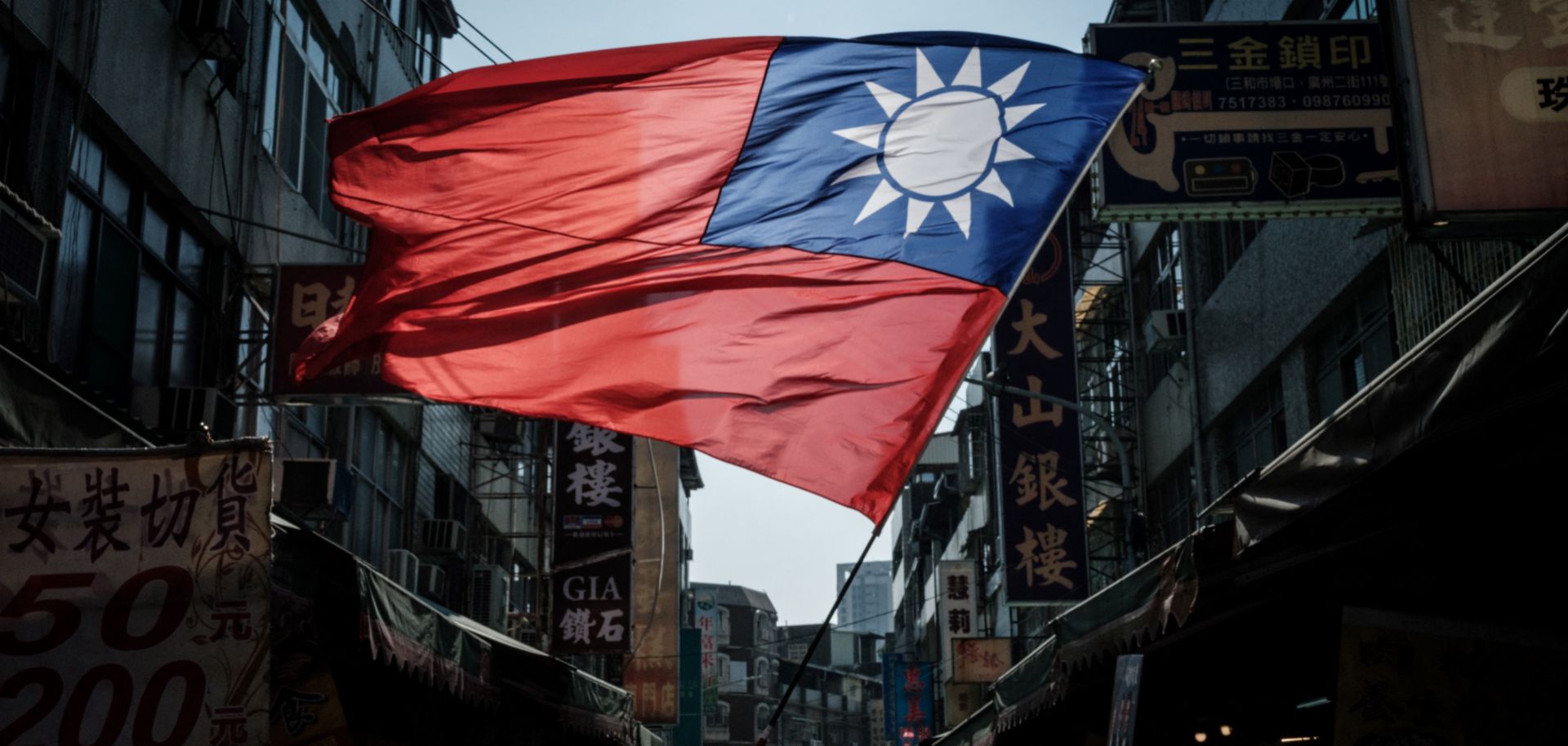Taiwan's divided legislature will facilitate energy and trade policy even as it impedes military readiness and economic reform, while diplomatic isolation will keep Taiwan dependent on outside powers for its security and economic well-being. Taiwan's latest elections brought in a hung legislature that will help Taipei pursue long-delayed trade negotiations and its energy transition, but the country's reliance on foreign partners for its national security and economic development will persist -- partly due to internal policy disputes, and partly due to structural realities related to Taiwan's economic size and geographic location. The Jan. 13 elections saw William Lai of the liberal and pro-sovereignty Democratic Progressive Party (DPP) win the presidency with 40% of the vote against a split opposition. No party won a majority in the legislature, however, with the conservative and comparatively pro-China Kuomintang (KMT) winning 52 out of 113 seats, the DPP winning 51 seats, the centrist Taiwan...

